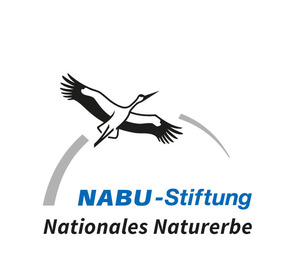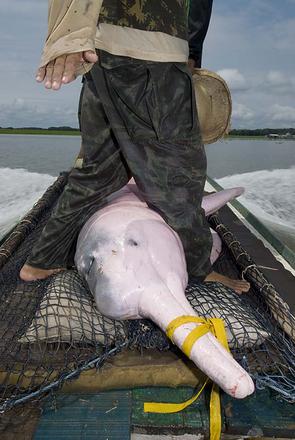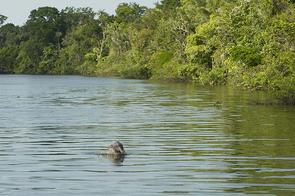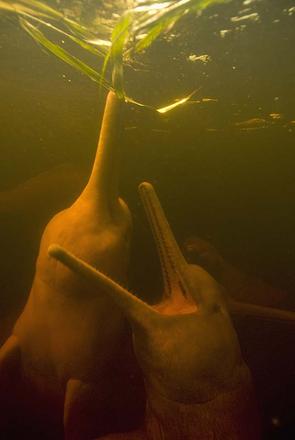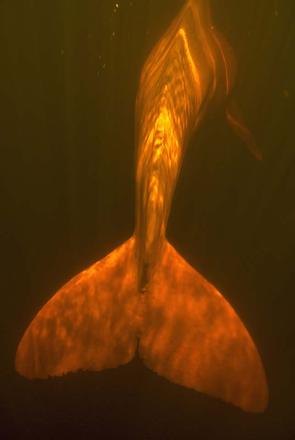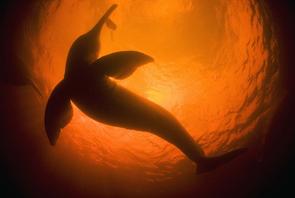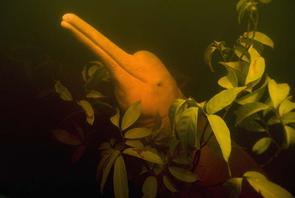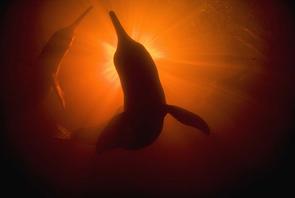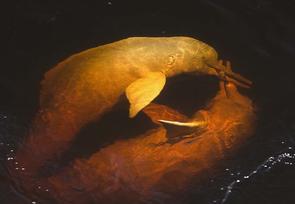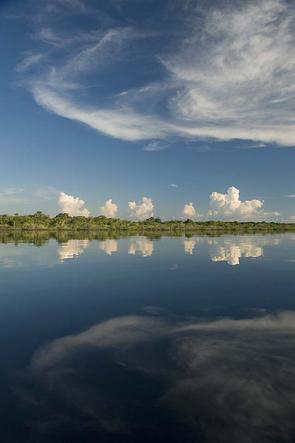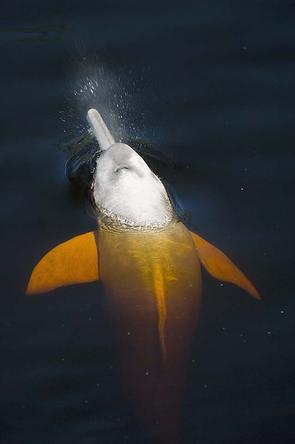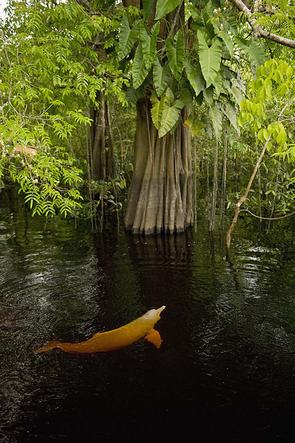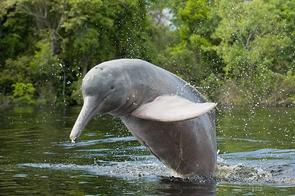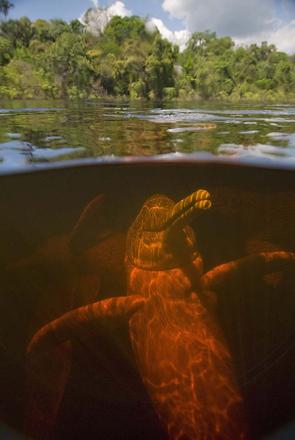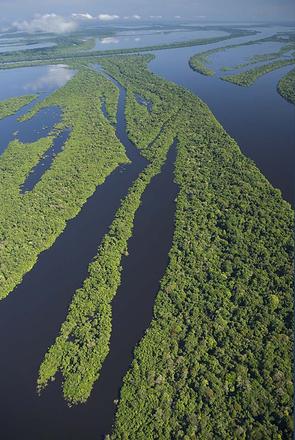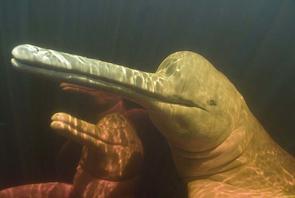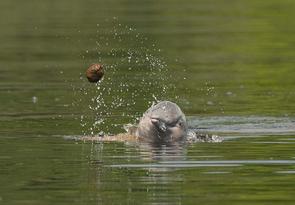Winner: Kevin Schafer - USA
Kevin Schafer specializes in endangered species and threatened eco-systems around the world. His images have appeared in all the major science and nature magazines around the world, and is the author of more than ten books, including Penguin Planet, winner of the National Outdoor Book Award. Committed to putting his images to work in conservation, Kevin worked for many years with the World Wildlife Fund, documenting threatened areas worldwide, and is a Founding Fellow of the International League of Conservation Photographers.
The Amazon Dolphin story was his first for National Geographic, published in June 2009. He is now at work on a new story for the magazine.
www.kevinschafer.comProject: Amazon River Dolphins, Brazil
My goal with this project was to produce the first-ever intimate collection of images of Amazon River Dolphins in the wild. Little-known, and often secretive, these Botos (as they are known in Brazil) have never before been photographed in detail. The initial images were made on a personal expedition to the Amazon in 2007, where I was able to get in the water beside wild dolphins in the Rio Negro. I presented the pictures I took on that first trip to the editors at National Geographic Magazine, who agreed to send me back to get more coverage. In all, I spent almost six weeks in the Amazon. There were many challenges. Even in that part of the Amazon, underwater visibility is measured in centimeters, not meters, and the dolphins came and went according to their own schedule. In addition, my editors had urged me to get more than just nice portraits – they wanted to see the dolphins in context, in the flooded forest that is their seasonal home during the months of the rainy season.
In the end, I feel I got a good cross-section of portraits, behavior, and habitat that help tell the story of these unique, and threatened animals.
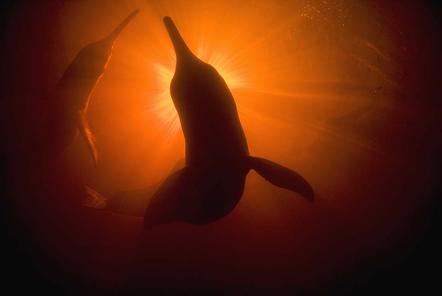
Boto Eclipse
From underneath, a pair of Botos is silhouetted against the tropical sun in water the color of blood.
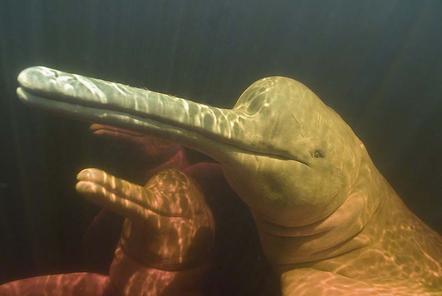
Boto-Portraits
Botos have extremely long beaks and tiny eyes, both adaptations to life in the dark and often invisible world below the Amazon’s surface.
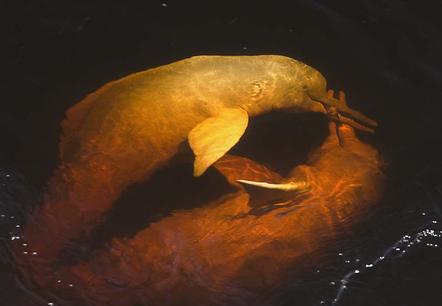
Boto Competition
A pair of dolphins fight one another over a fish, arguing over who will enjoy the meal.
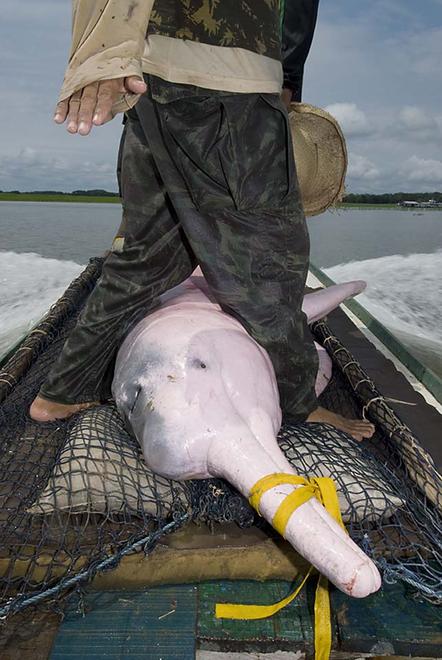
Careful Capture
Bringing a young Boto back for study, a field assistant shields the dolphin’s eyes from the sun.
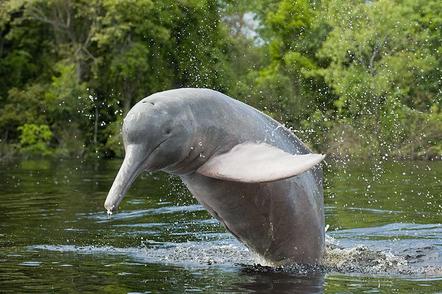
Boto Jumping
On hot, quiet afternoons, botos often cease fishing and simply play, sometimes jumping completely out of the water.
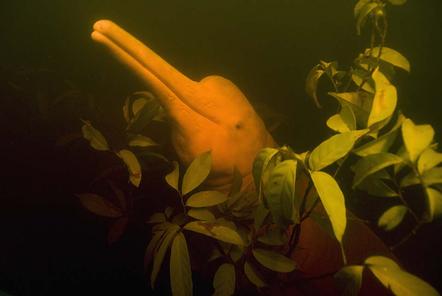
Boto in the Canopy
A single dolphin swims through the canopy of the flooded forest in search of food.
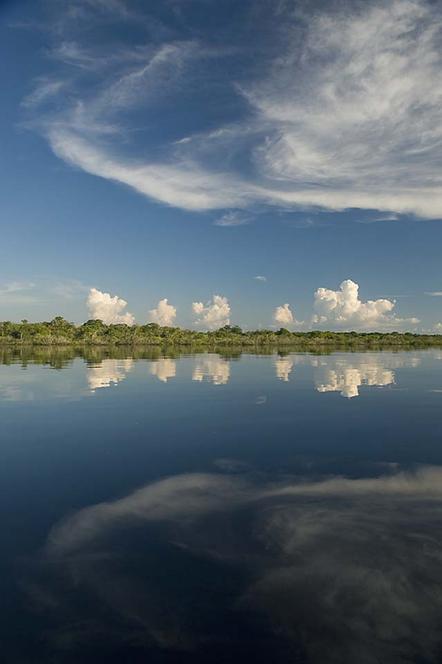
The Flooded Forest : Aerial
During the rainy season, the water in the Amazon floods the surrounding forest, enlarging the feeding habitat for dolphins.
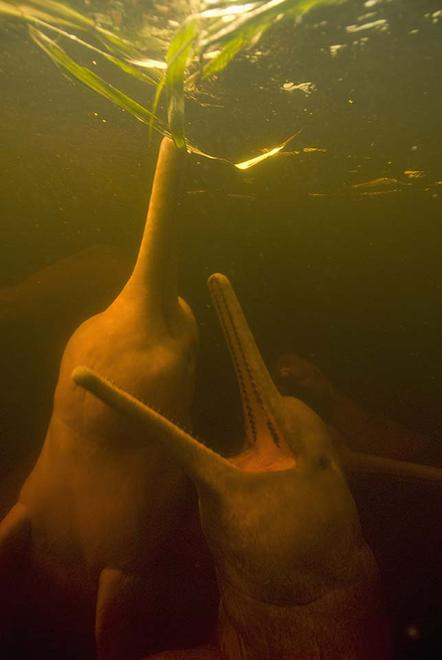
Underwater Argument
Botos often play with anything floating on the river’s surface. In this case, two dolphins argue over a simple piece of grass.
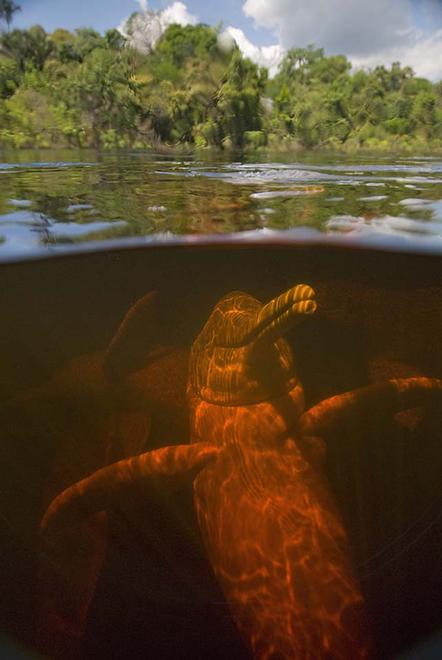
Over-under Botos
Amazon Dolphins have un-fused spinal cords, which gives them tremendous flexibility and the ability to weave their way through the tangle of the flooded forest.
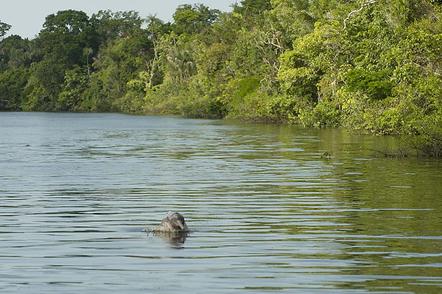
Boto on the Move
On a small Amazon tributary, a dolphin rushes toward a feeding opportunity.
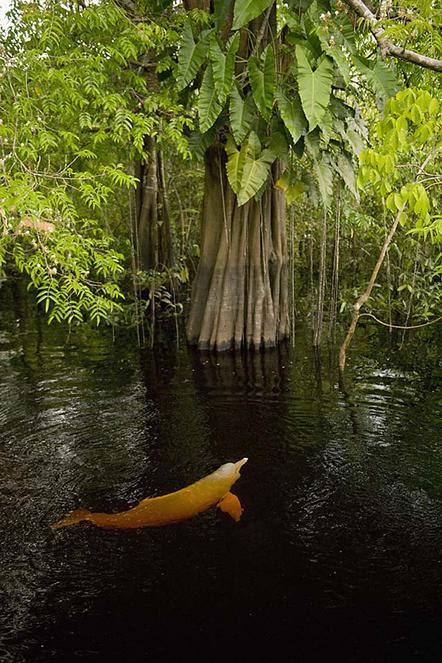
Boto and Rainforest
A lone dolphin passes beneath a buttressed rainforest tree, it’s trunk flooded by the rising water.
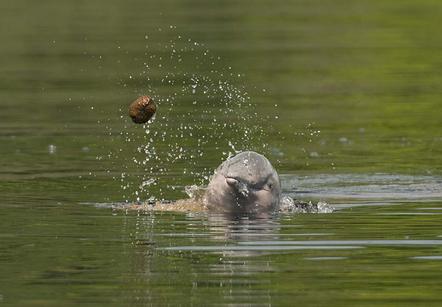
Boto-Polo
Dolphins toss a floating macucu seed in a ritual that is both play and display: males toss floating objects to impress females with their strength and prowess.
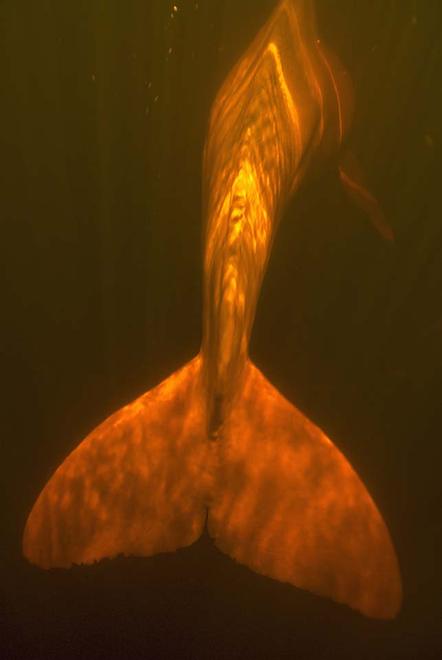
Boto Flukes
Leaving no doubt that they are truly whales, a Boto uses its powerful flukes to move through the dark water.
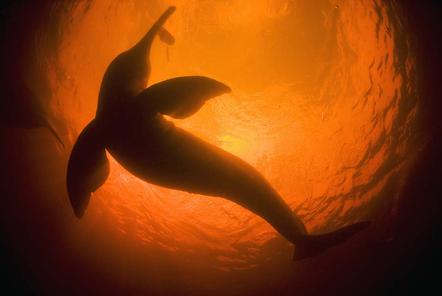
Boto Spiral
With a fish-eye lens, a boto makes a graceful shape against the sky as it plays with a floating leaf.
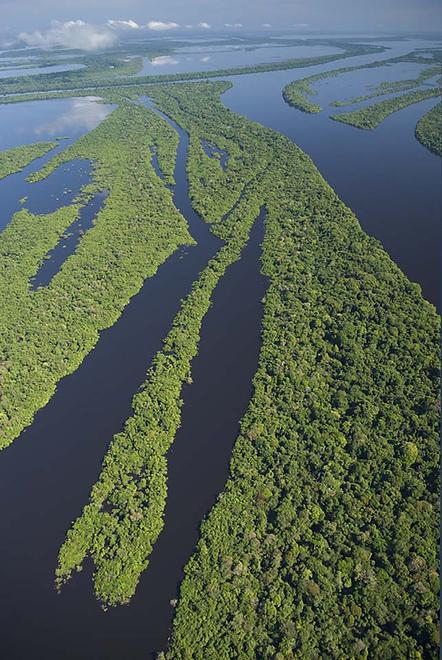
Amazon Sky
During the wet season, the Amazon is much more like an inland sea than a river.
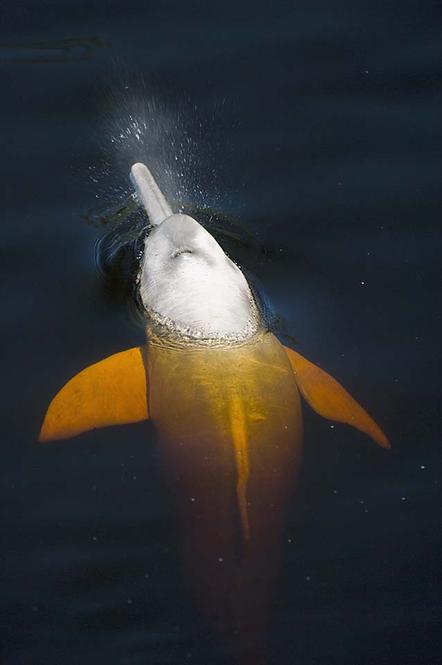
Boto Breath
Rising to the surface, a dolphin breathes quickly before diving again into the dark water.











